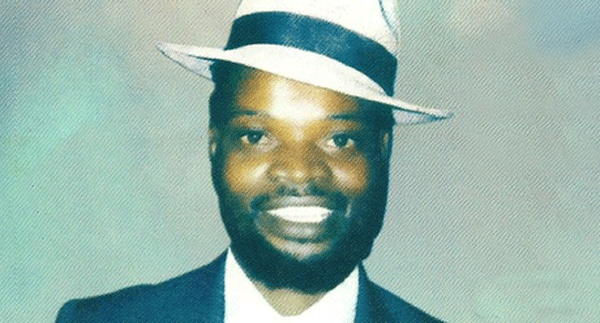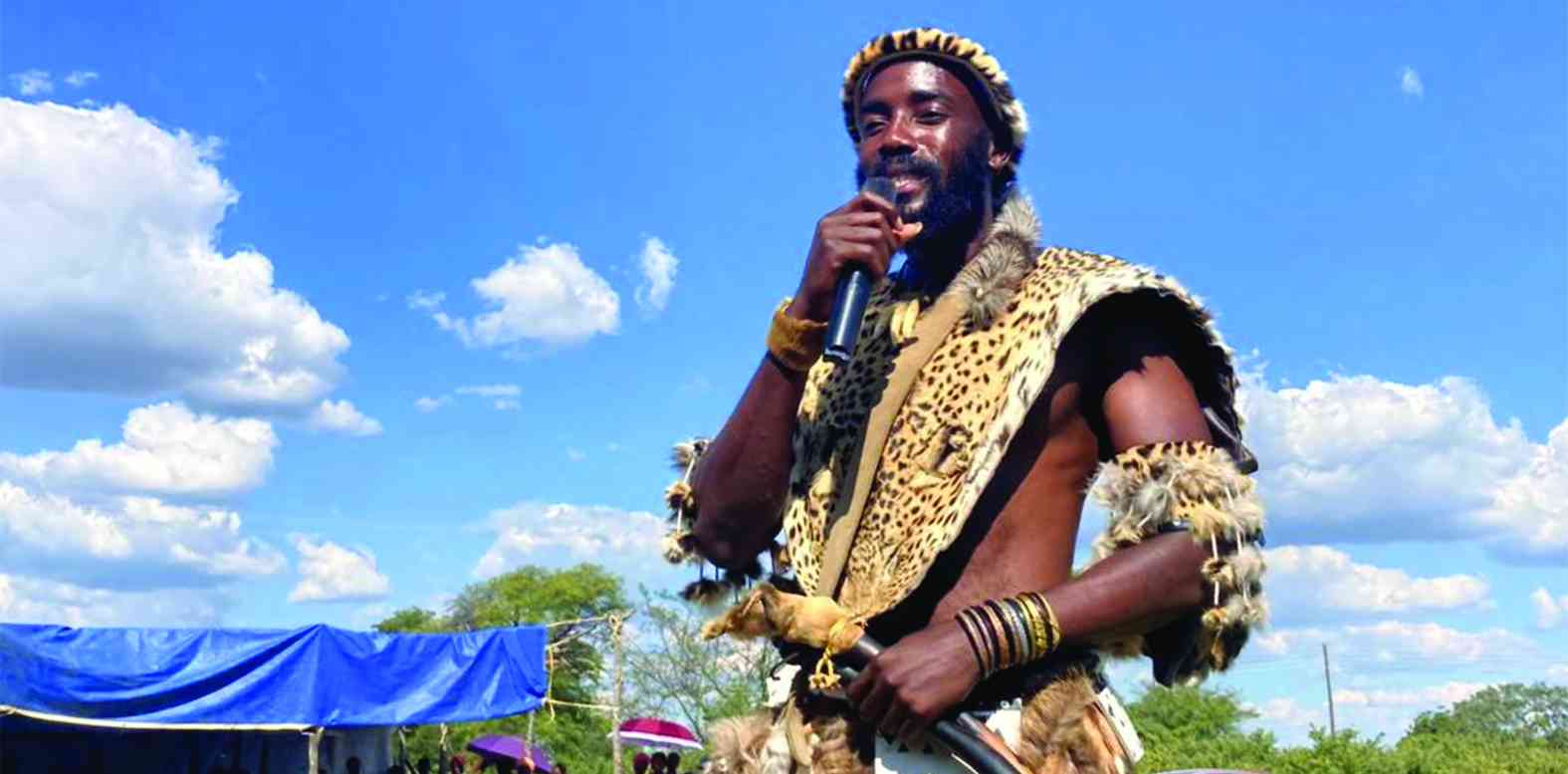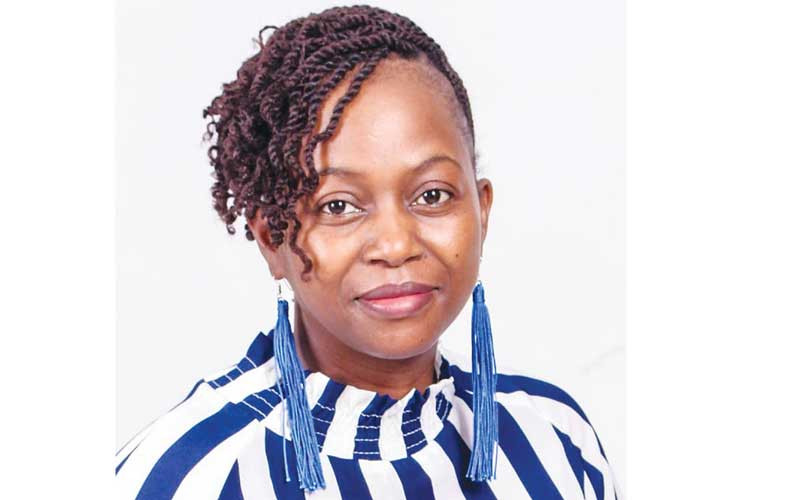
BY WINSTONE ANTONIO THE music landscape in Zimbabwe cannot be complete without mentioning legendary Leonard Musorowenyoka Dembo, born Kwangwari Gwaindepi.
Dembo is arguably the best musician to grace the Zimbabwean music scene.
Tragedy struck on April 9, 1996 when the icon, Dembo breathed his last at his prime at the age of 37.
He succumbed to nose bleeding.
Tomorrow marks the 26th anniversary of his death and his family will be joined by the singer’s fans at Chaka village in Chirumhanzu to celebrate his legacy.
Dembo, a songwriter and guitarist par excellence, who sang with the Outsiders and later formed Barura Express band in 1985, no doubt contributed to the development of sungura music in Zimbabwe.
The charismatic, but camera-shy singer, released some of the country’s greatest hits that have transcended generations. His compositions carry themes such as love, unity and peace.
As confirmation of his artistic prowess, several young musicians including Stunner have done renditions of his songs.
- Chamisa under fire over US$120K donation
- Mavhunga puts DeMbare into Chibuku quarterfinals
- Pension funds bet on Cabora Bassa oilfields
- Councils defy govt fire tender directive
Keep Reading
Some of Dembo’s songs from albums such as Chitekete, Ruvarashe, Nhamo Moto, Kuziva Mbuya Huudzwa and Sharai, show great composition prowess that level-headed musicians of this generation must at least appreciate and learn from.
They must be creative and compose value-laden songs with the capacity to transform people’s lives and stand the test of time.
No doubt, Dembo’s music continues to capture the mood of today’s generation. The songs have stood the test of time and still have relevance, decades after their composition.
This is real music, not the typical music that Chimurenga singer Thomas Mapfumo calls bubble-gum type which does not last for long.
For real, music should have a long-lasting message which future generations can enjoy and relate to.
The depth of Dembo’s compositions gave him staying power in the music circles.
Indeed, he was in his own class which has proved to be an impossible feat for many local musicians who have tried to fit into his shoes.
Even for his sons, Morgan and Tendai, his shoes have proved to be too big to fit.
Without even making videos, the camera-shy Dembo still received widespread recognition in the industry. That was pure talent.
Dembo’s music has continued to evoke memories to many. There has been an ongoing debate on different platforms as to which song is the best between Venenzia and Chitekete.
Many describe Venenzia as a timeless hit while others claim that Chitekete established Dembo as a distinguished singer. Is it because Chitekete was even played at the Miss World finals in Namibia in 1996?
As if that was not enough, Chitekete was also voted Zimbabwe’s silver jubilee best song despite competing with other great compositions such as Mugove by Leonard Zhakata.
Though the life history of Dembo in most cases is said to be distorted, it is reported that his real name was Kwangwari Gwaindepi and was born on February 6, 1959, in Chivi, Masvingo province.
There was consensus among those who claim to know the musician that his first name was Leonard, when it was Kwangwari.
It is said he attended primary school in Buhera, Bulawayo and also at Chembira School, Harare.
He is said to have never attended secondary school as upon completion of his primary education, he went to Bulawayo in search of employment.
After failing to make it in Bulawayo, Dembo moved to Harare where in 1982 he joined an outfit known as the Outsiders.
He later joined a group called Five Notes where they recorded songs such as Manga Majaira Matsotsi.
The musician had a fallout with other members of Five Notes and formed his Barura Express in 1985.
Part of Dembo’s discography include Amai Nevana Vavo (1984), Nhamo Moto (1986), Kuziva Mbuya Huudzwa (1987), Sharai (1987), Kukura Kwedu (1988), Ruva Rashe (1989), Kukura Hakutani (1990), Chitekete (1991), Tinokumbira Kurarama/Madhiri (1992), Mazano (1993), Kutinya Marimba (1993), Nzungu Ndamenya (1994), Pawpaw (1994), Shiri Yakangwara (1995) and Babamunini (1996).
Dembo’s son Tendai yesterday told NewsDay Life & Style that a Leonard Dembo soccer gala that would feature five teams has been organised as part of the commemorations.
Tendai said he would later entertain guests alongside Innocent Mjintu.
- Follow Winstone on Twitter @widzoanto







